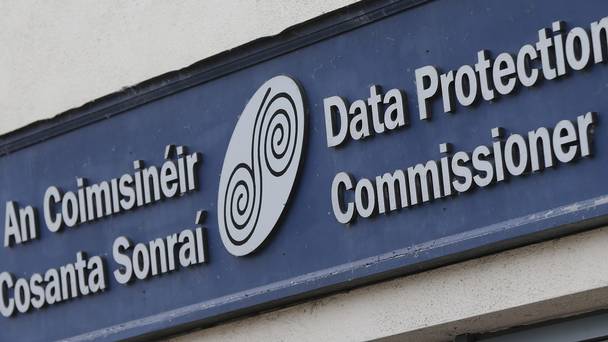
In today’s world “data is king” and protecting that data is queen. A secure document shredding service provide businesses and organisations with confidentiality and security needed to ensure data is protected. Data breaches can be extremely damaging to your business reputation. Get more details about Secure Data Destruction
What is Data Protection?
“Data protection is the safeguarding of the privacy rights of individuals in relation to the processing of personal data. The Data Protection Acts 1988 and 2003 confer rights on individuals as well as responsibilities on those persons processing personal data.”
How can I protect my identity?
- Keep your documents such as your driving licence, passport, birth or marriage certificate in a safe, preferably in a lockable cabinet or safe.
- Regularly request a copy of your personal credit file from your financial institute to see if it includes any credit applications you do not recognise.
- Change of address. You can register with An Post for Irish resident customers (or equivalent if you live outside of Ireland) redirection service to help prevent identity fraud when you move.
- Be careful in shared buildings, if others have access to your post. Contact An Post if you think your post is being stolen, or redirected elsewhere without your approval.
- Avoid throwing documents away which include your name, address or other personal information. Bills, receipts, statements or even unwanted post in your name can be misused in the wrong hands. Where possible, documents should be securely shredded beyond reconstruction, to minimise the risk of criminals obtaining information.
- Report the loss of any important documentation immediately – for example your passport or driving licence. Inform the organisation that issued it, and if stolen contact the Gardaí.
- Check your bills and statements as soon as they arrive. If any unfamiliar transactions are listed, contact the company concerned immediately.
How can I spot identity theft?
- Your bills and statements do not arrive as expected, or you stop receiving any post at all.
- An important document has been lost or stolen, for example your passport or driving licence.
- Transactions you do not recognise start appearing on your statements
- Bills, invoices or receipts addressed to you start arriving, for goods or services you have not requested.
- You receive statements in your name, relating to accounts that you have not opened.
- A loan or credit application is unexpectedly rejected despite having a good credit history; or you apply for welfare benefits and are told you are already claiming when you are not.
- You are contacted by solicitors or debt collectors for debts that are not yours.
What should I do if I think I am a victim of identity theft?
- Act quickly. This will help in ensuring you are not liable for any financial losses caused by criminals using your identity.
- Identify which documents or personal information may be in the wrong hands.
- Check that you are in receipt of all expected post. Contact An Post if you have any suspicions.
- If you believe documents containing details of your identity have been stolen, contact your local Gardaí station to report the theft.
- Contact the organisation who originally issued the missing document to alert them to the situation.
- Contact other companies that you have financial packages with, to alert them to the situation.
Useful contact details:
The Office of the Data Protection Commissioner
Canal House,Station Road,Portarlington,Co. Laois
Email: info@dataprotection.ie
An Post
O’Connell Street,Dublin 1,Customer Service Team
Tel: 1850575859.
Department of Foreign Affairs
80 St Stephen’s Green,Dublin 2
Tel: (01) 4780822 LoCall: 1890 426 700
Central Bank of Ireland
PO Box 559, Dame Street,Dublin 2
Tel: +353 1 224 6000
Security in Shredding
Ballyartella, Ballycommon, Nenagh,Co. Tipperary
Tel: 067 24848
For more information on paper shredding services and document destruction please visit out site at: https://www.securityinshredding.com/
Specialising in secure confidential document shredding services with a reputation for exceptional security, customer service. Delivering value for money and the utilisation of leading technology compliant to the highest security standards within the industry.


